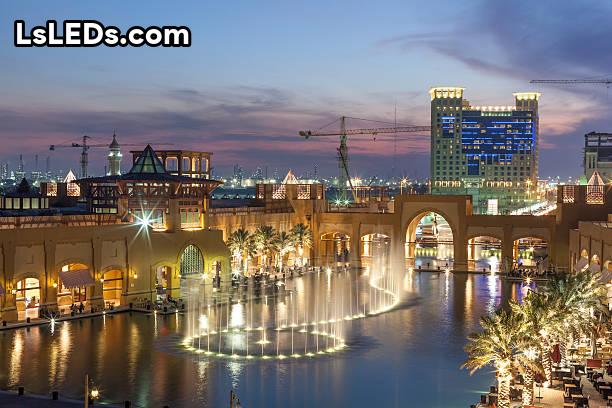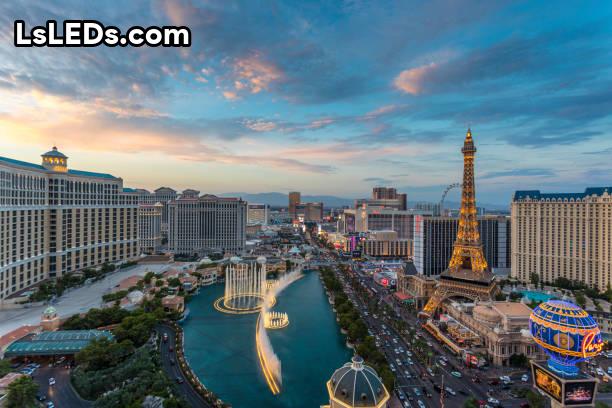
The lights do not degrade after being switched off. They don’t last long at high temperatures. If heat factors are managed correctly, the light bulb should not be a fire hazard.
Table of Contents
Do LED lights get hot enough to start a fire?
The technology of LEDs doesn’t require heat to produce light, so they won’t start a fire. Most of the energy used by HID lights is absorbed by the light that is 800 nanometers in wavelength.
Can LED lights cause a fire?
There is no chance of led strip lights catching fire. Incandescent bulbs emit excessive heat, the light sources can ignite a fire on overheating, but as the light source produces light at a lower temperature, they don’t catch fire as easily.
Should LED lights get hot?
There is a heat sink in the base of the bulb that pulls heat away from it. It’s fine to stick with the same bulbs in the same place. The heat build up inside the fixture will reduce the lifespan of the bulb.
Can LED lights be left on 24 7?
Well-manufacturedLED lights can be left on for 7 days a week and can be left on for 24 hours a day. Unlike conventional types of light, LEDs produce minimal amounts of heat, which means they are not likely to burn down.
Is it OK to leave LED lights on?
Due to their low power usage and low heat output, the LEDs are ideal for long periods of time. They can be used as a night light or background accent light.
Is it safe to leave LED lights on all night?
Well-manufacturedLED lights are long- lasting and can be left on for 7 days a week. Unlike conventional types of light, LEDs produce minimal amounts of heat, which means they are not likely to burn down. There are some scenarios in which the LEDs can fail.
What happens if you leave LED lights on all night?
The main reason for the long- lasting usage of LEDs is that they don’t use the filaments inside them for burning which can cause a house fire.
Are LED lights dangerous to leave on?
Is it safe to leave the lights on? With the product’s average lifespan and brightness, we think it’s safe to say that LEDs are completely safe when turned on and on for many hours.
Is it bad to have LED lights on at night?
Blue light, the type of bright light that comes from natural sunlight and the screens on our electronic devices, can increase our attention, reaction times and moods. Our bodies think we should stay awake when we don’t need sleep because it affects our biological clocks at night.
Why you shouldn’t sleep with red LED lights on?
Red light is less likely to affect the body’s internal clock. The bright screens should not be looked at before bed.

Are LED lights in your room a fire hazard?
Most other bulbs emit light from a vacuum. Semiconductors provide the illumination. One of the reasons for a bulb to start a fire is over heating, but that is not likely to happen withLED lights.
Can LED lights cause fires?
Incandescent bulbs get hot enough to start a fire if they’re close to something that’s prone to catching fire. Fires can be caused by improper wiring and overloading of light fixture.
Can leaving a light on at night cause a fire?
It’s a fire hazard to leave lights on when you’re not around. Lightbulbs can become very hot if they are not used correctly. The shade was made of plastic and caused fires.
Why shouldn’t you leave red LED lights on at night?
The melatonin production is thought to be stimulated by the red light wavelength. Melatonin can help you sleep. When darkness falls and you’re exposed to light, melatonin is released more by the brain.
Can LED lights catch on fire overnight?
There is no chance of led strip lights catching fire. The temperature is not as high as that of a bulb.
Is sleeping with LED lights bad?
Exposure to blue light can have a negative effect on sleep quality. Blue light can be found in electronic screens, fluorescent lights, and the like. There are at least two studies from 1991 and 2016 that show that green light can affect melatonin levels.
Can LED light melt plastic?
The first hint of whether LEDs can melt plastic could be found in the base itself, which is made from plastic. The answer is no, LEDs don’t get that hot at the base of the fixture, so they can’t melt it.
Do LED lights attract bugs?
The low heat and long wavelength of light produced by the LEDs make them less attractive to insects. They do not produce any ultraviolet radiation. It makes them a good choice for outdoor lighting.
